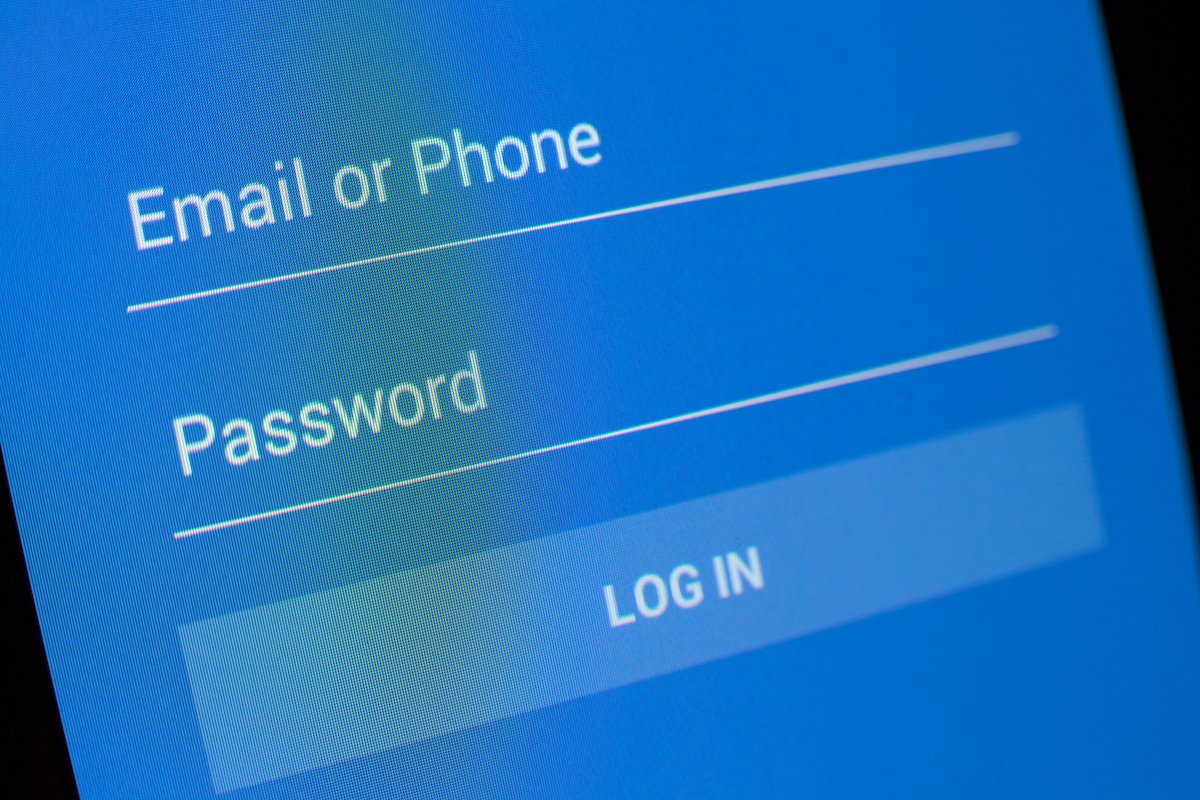
Dealing with an individual incident of digital abuse by an anonymous gamer is one thing. Dealing with long-term, targeted campaigns of abuse and harassment is another. Protecting your personal identity and safeguarding your personal information is something you should do to reduce the risk of being targeted in real life.
Use the tips below to maintain a healthy level of anonymity when playing video games online. Remember to make use of our Global Support Service if you are affected by any form of harassment or abuse online.
Having a policy of using strong passwords is very important. Using names and exchanging letters for numbers or symbols is one way of doing this but it can be very difficult to manage or even remember them! One simple way to create a strong password is to use a number of random words strung together as this is much harder to crack. Storing your passwords on your computer or phone increases your chances of having your accounts hacked or hijacked. Write them down the old fashioned way on paper but remember to keep them as safe as your passport or wallet. Try to use different passwords for different accounts too, otherwise if one account gets compromised they will all get compromised!
Take four common but unrelated words such as, wheel sausages monkey ladder. This random phrase can be remembered by creating a story that is easy to recall – “I was on my bike (wheel) returning from the butchers (sausages) when a monkey grabbed my bag and ran up a ladder.” You can further strengthen the password by using capital letters at the start of each word and finishing the sentence with an exclamation mark or some other symbol. This is known as visualization and association. You visualize the story and associate it with the key words. Alternatively, you could just write it down and keep it somewhere safe!
For added security and peace of mind you should create email accounts for specific games or platforms that you use. You may want one for your social media activity and another for the games you play. This reduces the risk of someone accessing your personal emails and information.
We have mentioned this previously but it is so important that we are saying it again! Change your password regularly – put a note on your calendar every couple of months to remind you. This will not only make your accounts online much safer, it will also give you added peace of mind, especially if you have been targeted in the past or suspect someone may be planning to.
Nobody wants to be on a constant state of alert but you should always be aware of the potential dangers online and take the necessary steps to ensure your own security is protected. Taking the steps we recommend will help you to stay secure online whether you are playing video games, using social media or commenting on a forum. You can use our online safety suggestions to manage and control your personal security across all your accounts online.